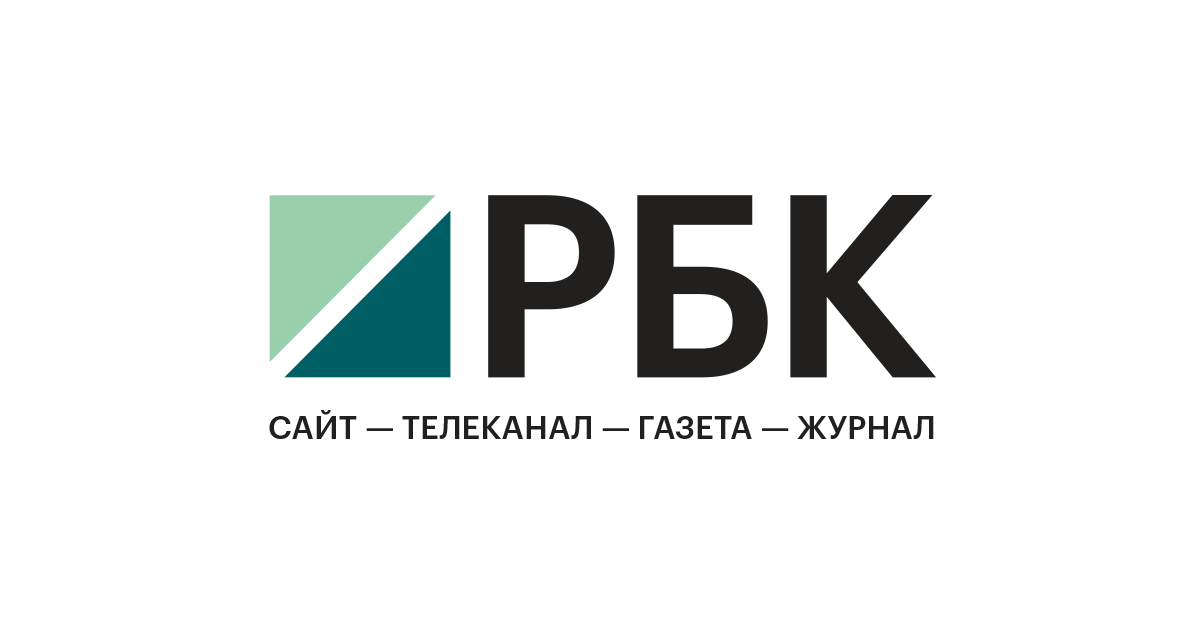The Rise of AltPhone: Russia's New Mobile OS in a Competitive Landscape
August 14, 2024, 4:34 am
In the vast landscape of mobile operating systems, a new contender is emerging from Russia. The company "Базальт СПО" has announced the development of AltPhone, a mobile operating system that aims to carve out a niche in a market dominated by giants like Android and iOS. This initiative reflects a growing trend among Russian tech firms to create homegrown solutions in response to geopolitical pressures and the need for digital sovereignty.
AltPhone is not just another mobile OS; it represents a strategic move towards independence. The foundation of this system is built on free software, utilizing the Linux kernel and components from the "Сизиф" project. This choice underscores a commitment to open-source principles, allowing for flexibility and collaboration with local developers. However, the specifics of these partnerships remain under wraps, leaving many questions unanswered.
The timing of this announcement is crucial. With several Russian companies already in the race to develop mobile operating systems—such as "Открытые мобильные платформы" with its Aurora, and Kaspersky with KasperskyOS—the competition is fierce. Each player is vying for a share of a market that has been largely dominated by foreign platforms. According to industry experts, the current landscape is not just competitive; it is a battleground where differentiation is key.
The market for mobile operating systems in Russia is akin to a crowded marketplace. There are numerous vendors, each shouting for attention. Yet, the dominant voices belong to Android and iOS, which continue to hold the majority of the market share. The challenge for newcomers like AltPhone is monumental. They must not only attract users but also convince them to abandon the familiar for the unknown.
One of the significant hurdles facing AltPhone and its peers is the technological gap. Many of the existing Russian mobile operating systems, including Rosa Mobile and Astra Mobile, are still in their infancy. They struggle with basic functionalities, such as battery efficiency and multitasking capabilities. These limitations could hinder their adoption, especially among users accustomed to the seamless performance of established platforms.
Investment is another critical factor. The development of a mobile operating system is a costly endeavor. Estimates suggest that creating a competitive OS could require hundreds of millions of rubles. This financial burden raises questions about sustainability and the long-term viability of these projects. Without substantial backing, many of these initiatives may falter before they even reach the market.
Despite these challenges, there is a silver lining. The Russian government has shown a keen interest in promoting domestic software solutions, particularly for state needs. This support could provide a lifeline for AltPhone and its competitors. By prioritizing local software, the government aims to enhance data security and reduce reliance on foreign technology. This shift could create a fertile ground for the growth of homegrown operating systems.
However, the road ahead is fraught with obstacles. Experts warn that the current offerings from Russian developers are not yet ready to meet market demands. For instance, many of these systems lack compatibility with essential hardware features, such as NFC sensors, which are crucial for modern smartphones. This gap in functionality could deter potential users and limit the appeal of these new platforms.
Moreover, the timeline for AltPhone's market entry remains uncertain. The company has not disclosed when it expects to launch its product, leaving many in the industry speculating about its readiness. In a fast-paced tech environment, delays can be detrimental. Competitors are constantly evolving, and any lag in development could result in missed opportunities.
As the competition heats up, differentiation will be paramount. AltPhone must identify its unique selling points to stand out in a crowded field. Whether it’s enhanced security features, better integration with local services, or superior user experience, the company needs to carve out a distinct identity. Without a clear value proposition, it risks becoming just another face in the crowd.
In conclusion, the emergence of AltPhone marks a significant moment in the evolution of mobile operating systems in Russia. It embodies a desire for independence and innovation in a landscape dominated by foreign technology. However, the path to success is laden with challenges. From technological limitations to fierce competition, AltPhone must navigate a complex environment to establish itself as a viable alternative. The stakes are high, and the outcome remains uncertain. Only time will tell if AltPhone can rise to the occasion and redefine the mobile experience for Russian users.
AltPhone is not just another mobile OS; it represents a strategic move towards independence. The foundation of this system is built on free software, utilizing the Linux kernel and components from the "Сизиф" project. This choice underscores a commitment to open-source principles, allowing for flexibility and collaboration with local developers. However, the specifics of these partnerships remain under wraps, leaving many questions unanswered.
The timing of this announcement is crucial. With several Russian companies already in the race to develop mobile operating systems—such as "Открытые мобильные платформы" with its Aurora, and Kaspersky with KasperskyOS—the competition is fierce. Each player is vying for a share of a market that has been largely dominated by foreign platforms. According to industry experts, the current landscape is not just competitive; it is a battleground where differentiation is key.
The market for mobile operating systems in Russia is akin to a crowded marketplace. There are numerous vendors, each shouting for attention. Yet, the dominant voices belong to Android and iOS, which continue to hold the majority of the market share. The challenge for newcomers like AltPhone is monumental. They must not only attract users but also convince them to abandon the familiar for the unknown.
One of the significant hurdles facing AltPhone and its peers is the technological gap. Many of the existing Russian mobile operating systems, including Rosa Mobile and Astra Mobile, are still in their infancy. They struggle with basic functionalities, such as battery efficiency and multitasking capabilities. These limitations could hinder their adoption, especially among users accustomed to the seamless performance of established platforms.
Investment is another critical factor. The development of a mobile operating system is a costly endeavor. Estimates suggest that creating a competitive OS could require hundreds of millions of rubles. This financial burden raises questions about sustainability and the long-term viability of these projects. Without substantial backing, many of these initiatives may falter before they even reach the market.
Despite these challenges, there is a silver lining. The Russian government has shown a keen interest in promoting domestic software solutions, particularly for state needs. This support could provide a lifeline for AltPhone and its competitors. By prioritizing local software, the government aims to enhance data security and reduce reliance on foreign technology. This shift could create a fertile ground for the growth of homegrown operating systems.
However, the road ahead is fraught with obstacles. Experts warn that the current offerings from Russian developers are not yet ready to meet market demands. For instance, many of these systems lack compatibility with essential hardware features, such as NFC sensors, which are crucial for modern smartphones. This gap in functionality could deter potential users and limit the appeal of these new platforms.
Moreover, the timeline for AltPhone's market entry remains uncertain. The company has not disclosed when it expects to launch its product, leaving many in the industry speculating about its readiness. In a fast-paced tech environment, delays can be detrimental. Competitors are constantly evolving, and any lag in development could result in missed opportunities.
As the competition heats up, differentiation will be paramount. AltPhone must identify its unique selling points to stand out in a crowded field. Whether it’s enhanced security features, better integration with local services, or superior user experience, the company needs to carve out a distinct identity. Without a clear value proposition, it risks becoming just another face in the crowd.
In conclusion, the emergence of AltPhone marks a significant moment in the evolution of mobile operating systems in Russia. It embodies a desire for independence and innovation in a landscape dominated by foreign technology. However, the path to success is laden with challenges. From technological limitations to fierce competition, AltPhone must navigate a complex environment to establish itself as a viable alternative. The stakes are high, and the outcome remains uncertain. Only time will tell if AltPhone can rise to the occasion and redefine the mobile experience for Russian users.

